Just Futures Action Research Collective reflection on the fatal shooting of Patrick Lyoya, a 26-years old resettled Congolese refugee, by Grand Rapids police.
We are deeply saddened and outraged by the killing of another Black person at the hands of law enforcement. It is hard to accept the rooted character of anti-back racism and state violence even after so much mobilization under the umbrella of Black Lives Matter. Patrick Lyoya arrived in the United States with his parents and siblings in 2014, he was the eldest son of Dorcas and Peter Lyoya. They fled the war-torn Democratic Republic of Congo and entered the U.S. with refugee status. He is survived by two children.
The Democratic Republic of Congo (DRC) gained independence from Belgium in 1960 but has been severely impacted by the Rwandan genocide. In 1996 a war broke out propelled by Rwandan rebels, although the war officially ended in 2003, armed conflict still unfolds. In 2020 2,868 Congolese refugees entered the U.S. from DRC, constituting 24.3% of admitted refugees, while in 2010 the 3,174 Congolese refugees made up only 4.3% of admitted refugees (MIP, 2021). The increasingly lower yearly caps on Congolese refugee admissions imposed through The Office of Refugee Resettlement (ORR) reflect the normalization and institutionalization of the anti-immigrant, anti-refugee sentiment.
‘Do you speak English?’ asked the police officer to Patrick on April 4th during the traffic stop. The Congolese Community of Michigan witnessed the execution of Patrick Lyoya by the police force with disbelief, sorrow, and confusion. Their new lives in the U.S. seem at the crossroads of trauma from ethno-political violence in Congo and racism and xenophobia in their new home country.
The Just Futures action research collective, an interdisciplinary group of scholars from the Schol of Social Work and the College of Urban Planning, has been collaborating with the Congolese community of Grand Rapids and Kent County since 2018. Through this window of engagement, we learned to recognize the depth of our ineptness to serve refugee communities and migrants in general. The systemic racism that pervades our institutions prevents most government offices from dialoguing with refugee leaders and organizations on an equal basis, denying us all the opportunity to learn from each other and build community. The COVID-19 pandemic disproportionately impacted refugees in terms of health impacts and access to emergency funds, but it also enabled incipient opportunities for Congolese refugee organizations to partner with county health departments in Michigan, as our engagement in Kent county demonstrated. As scholars in professional schools, we must strive to be part of the solution.
Patrick Lyoya was a factory worker like many refugees resettled in Michigan and the Midwest. The United States provides very limited services to refugees when compared to Canada and western European countries. The U.S. refugee resettlement system works as a pipeline for food processing and manufacturing factories. Aware of these realities, the Congolese community of Michigan asked our team to co-develop Education Pathways programs so that Congolese youth can be better equipped to carve alternative futures. Our refugee resettlement and immigration systems must rethink how it engenders racial capitalism. It is an inhumane system where migrant workers are essential but disposable. The life and death of Patrick Lyoya speak to this disturbing reality. Justice for Patrick Lyoya, his family, and his community will require profound structural changes.
Make a donation, volunteer, or engage in other ways with Alliance: A Center for Refugee Integration and Wellness 1, a Congolese refugee-led nonprofit organization based in Grand Rapids. Together with the School of Social Work, Taubman College’s Urban and Regional Planning program, and other local community partners, Alliance plans to organize community events and dialogue in the coming months.




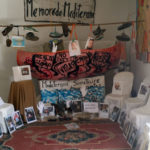
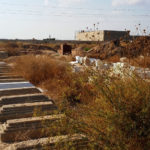
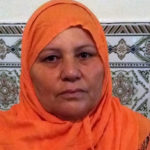
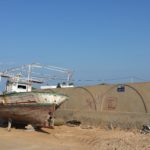
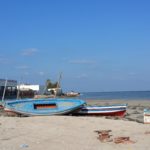
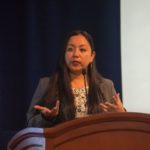
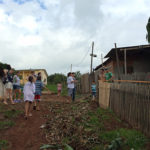
Leave A Comment